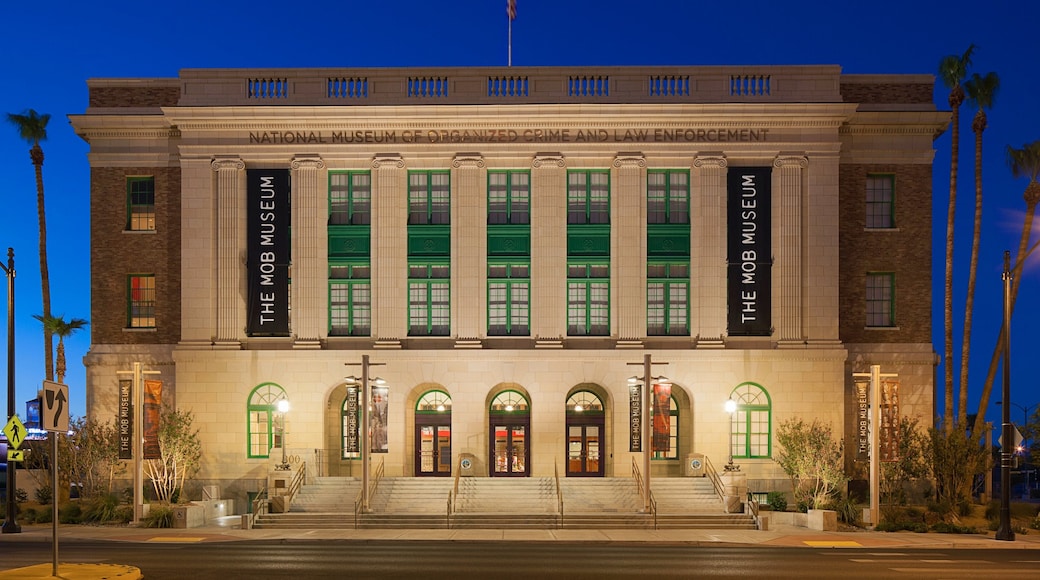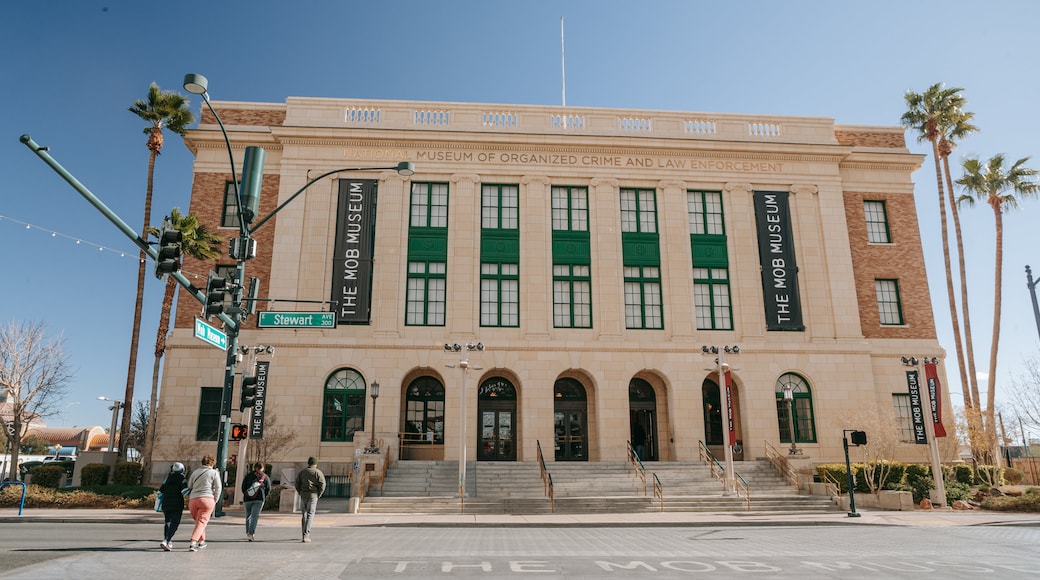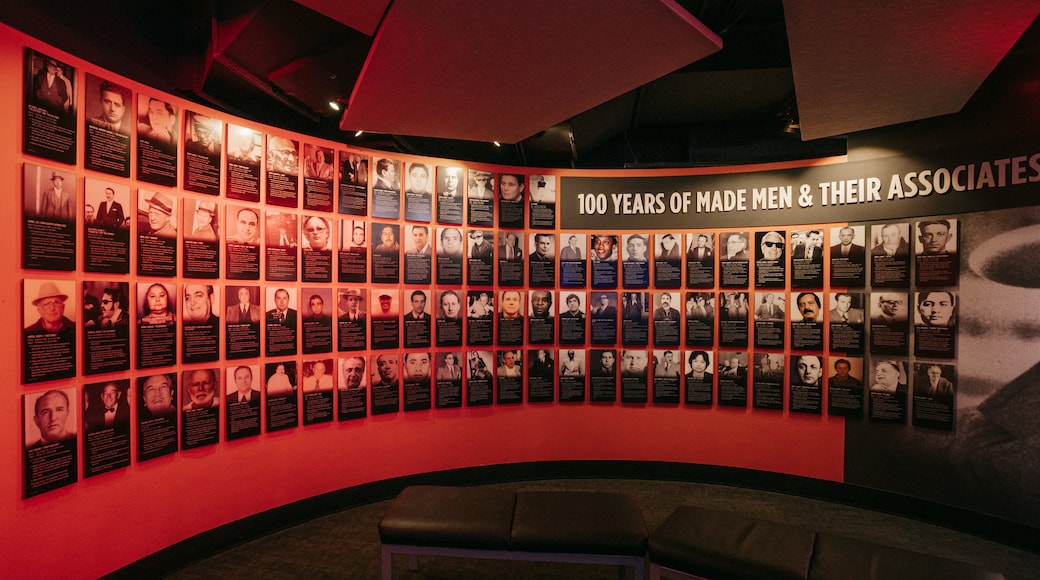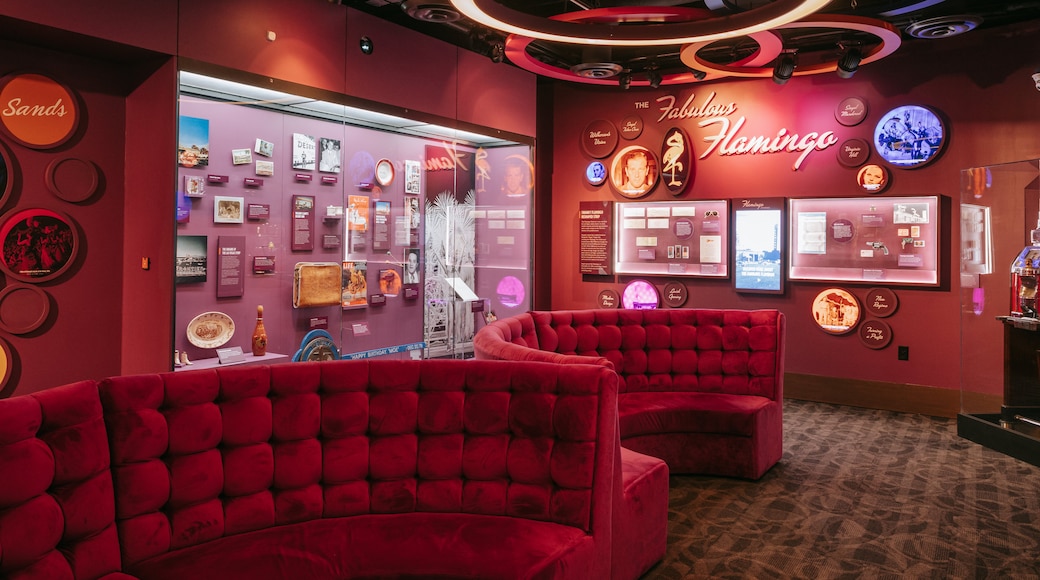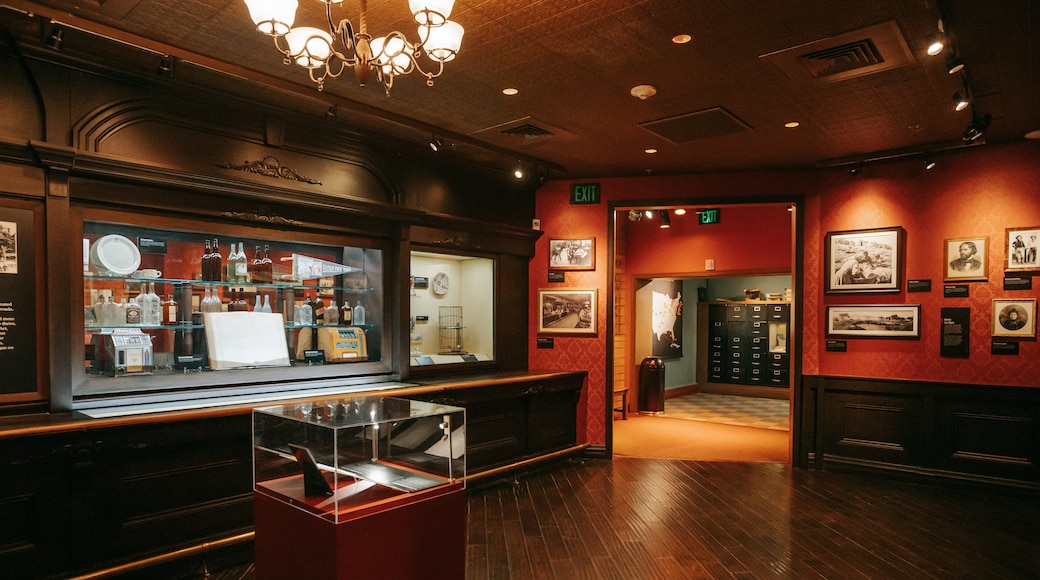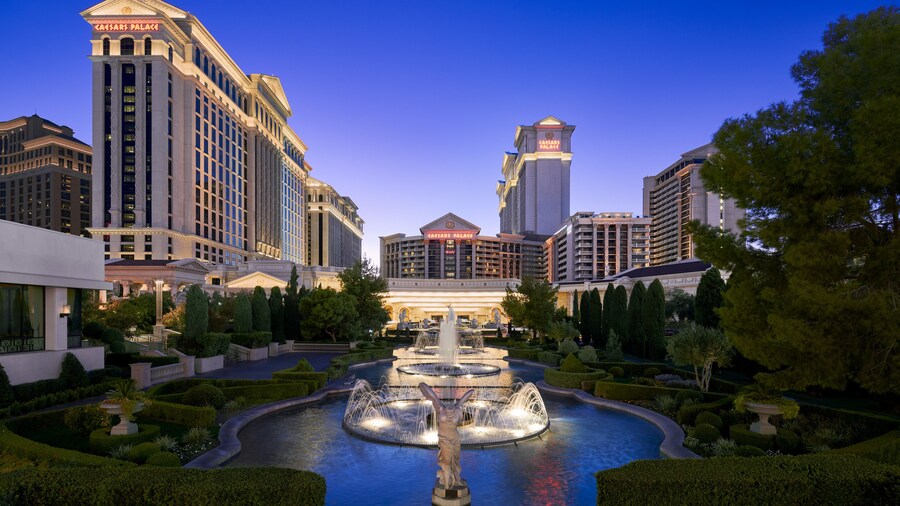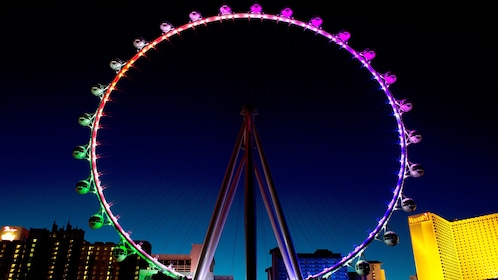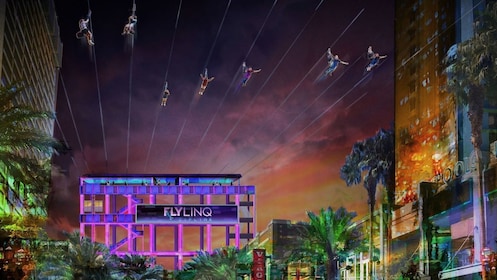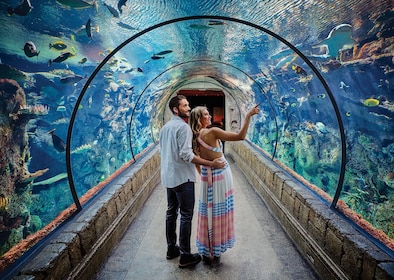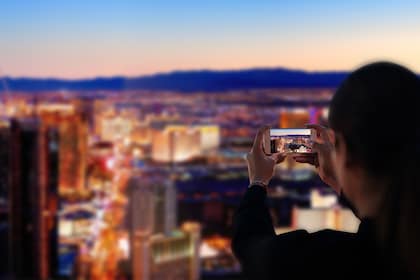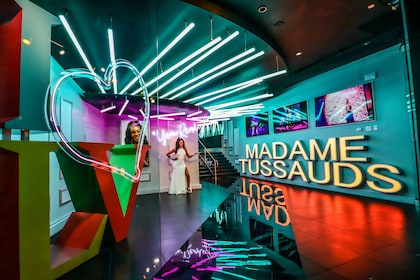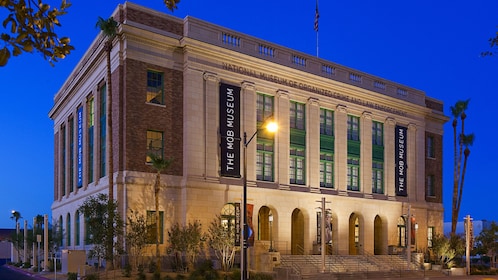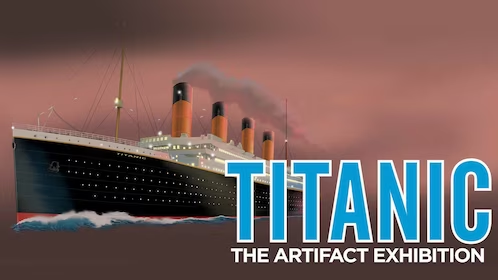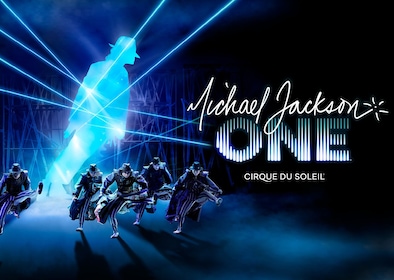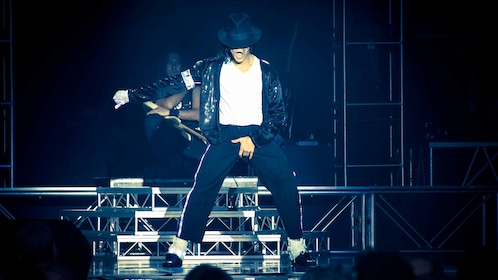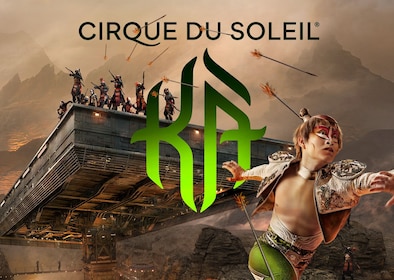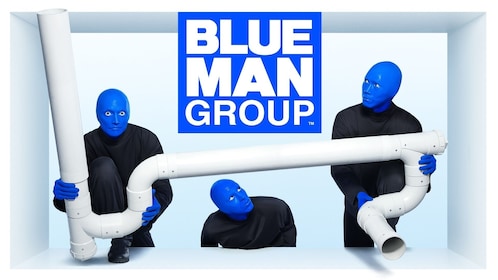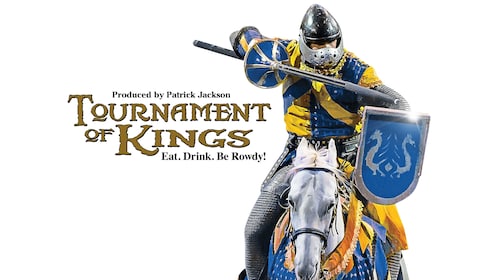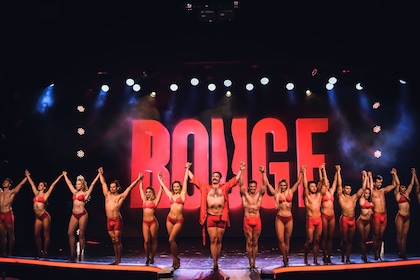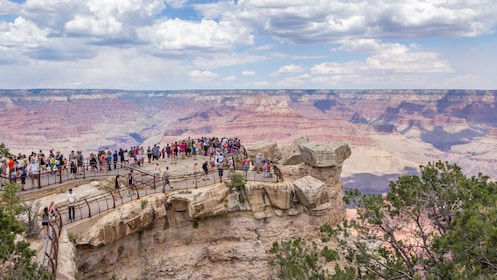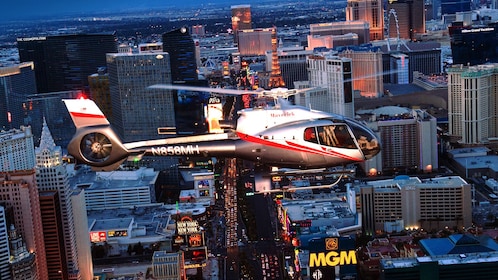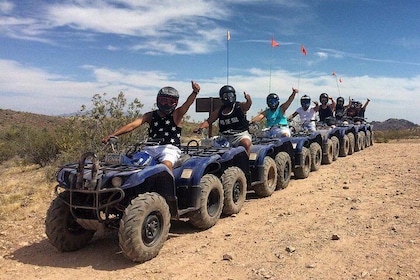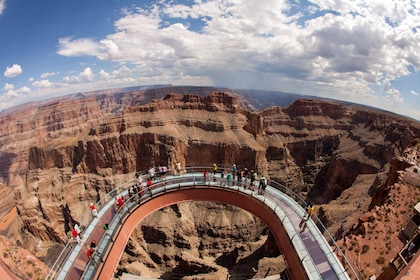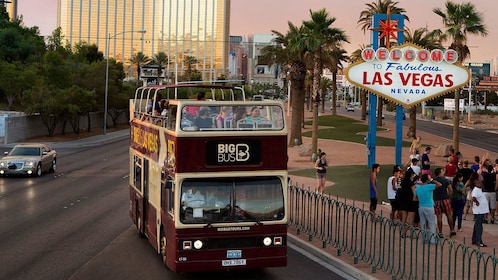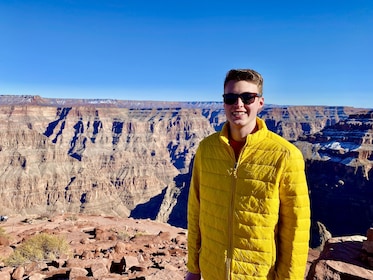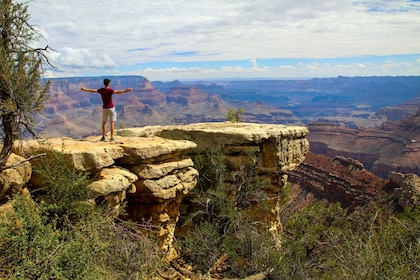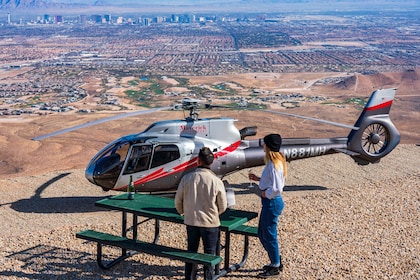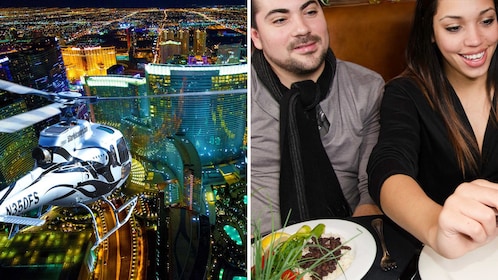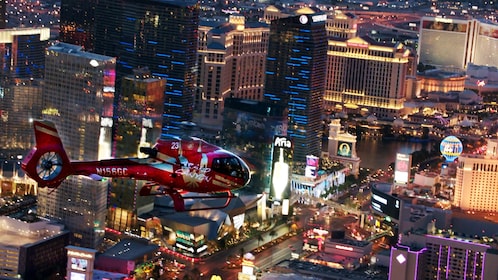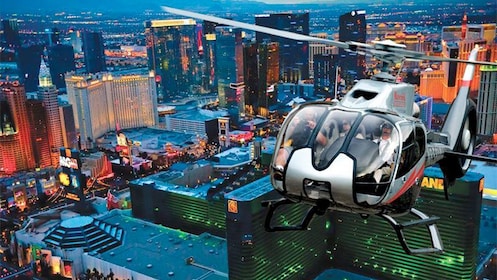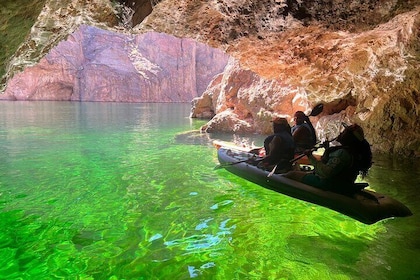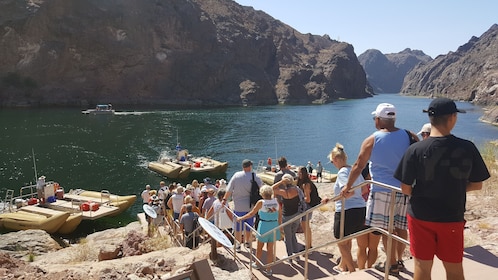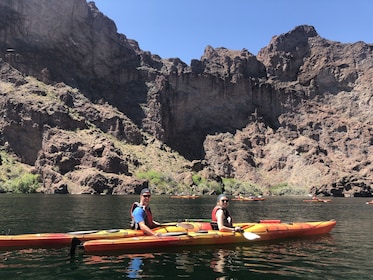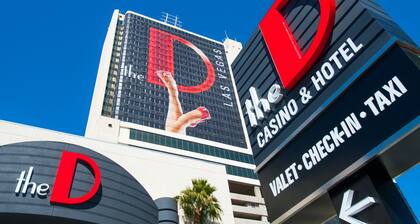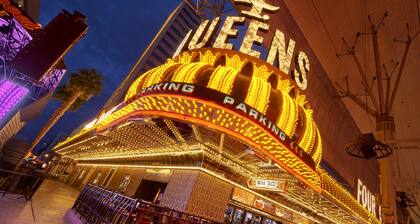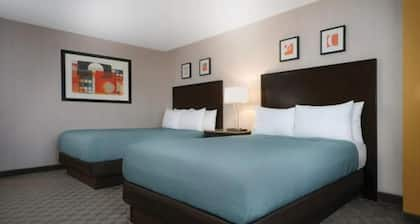The Mob Museum, also known as the National Museum of Organized Crime and Law Enforcement, uses interactive displays, memorabilia and original artifacts to provide insights into the lives of famous mafia players like Al Capone, Whitey Bulger, Bugsy Siegel and John Gotti. The museum examines the roles of these historic Vegas figures in turning a small desert town into the gaming capital of the world. You’ll also get great insights into the wider impact of the Mob across the United States.
A newer addition to downtown Vegas, the 41,000-square-foot (3,809-square-meter) museum opened on Feb. 14, 2012. Not coincidentally, that was the 83rd anniversary of the infamous St. Valentine’s Day massacre in Chicago, when tensions between Al Capone and Bugs Moran’s rival gangs came to a bloody end. Although the original site of the St. Valentine’s Day Massacre is now home to a parking lot for a nearby nursing home, much of the bullet-riddled wall was salvaged and reassembled. Today, it’s one of the museum’s signature exhibits.
The building that houses the museum also has a place in Vegas’s mob history. A former federal courthouse and U.S. Post Office, this building is one of the few remaining historically significant places in Las Vegas. It’s famous for being the courtroom where one of the 14 national Kefauver Committee hearings — devoted to investigating organized crime in America — was held in 1950.
The museum provides a fascinating history of police and citizen efforts to eliminate mob activity. You’ll learn about wiretaps and other technology, used by investigators in the 1940s and ’50s to record gangster conversations through an interactive display. Enter the world of FBI action and listen to original surveillance recordings, or take a crash course in weapons training.
The Mob Museum is located in downtown Las Vegas next to the Fremont Experience. There’s limited free parking, so it’s best to take a bus or taxi if you’re not staying close enough to walk. The museum is open to all ages, but an adult must accompany children under 14. Some exhibits include graphic imagery, including crime scene photos and a large collection of weapons.
